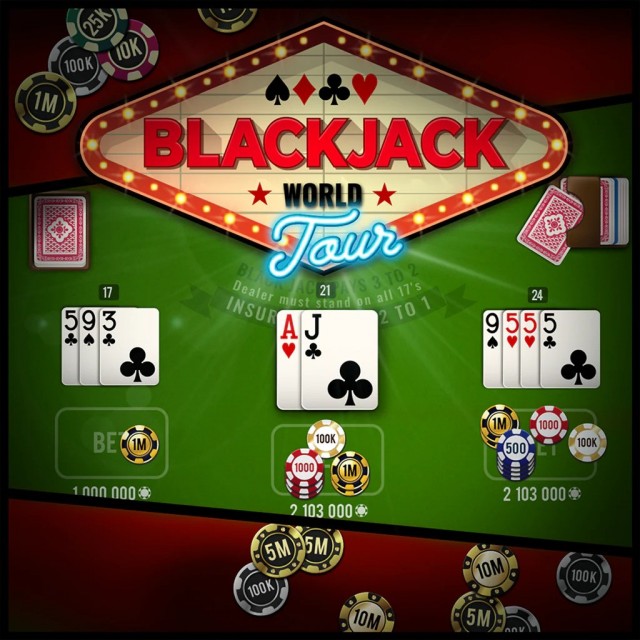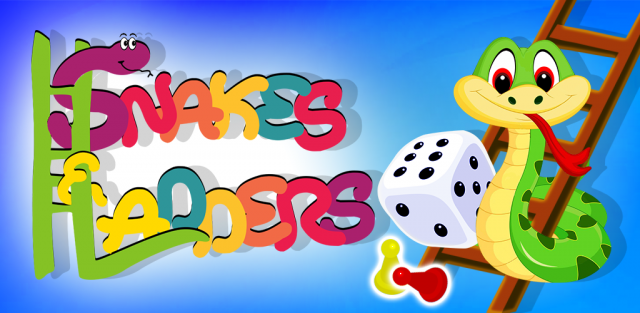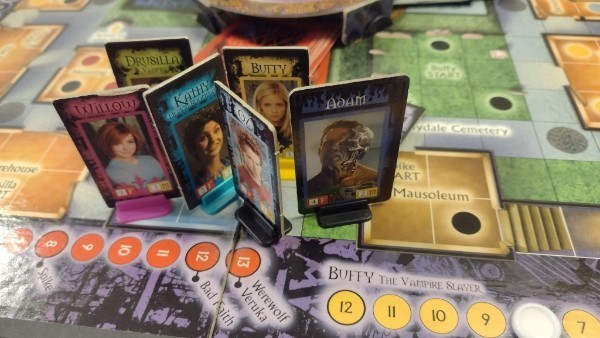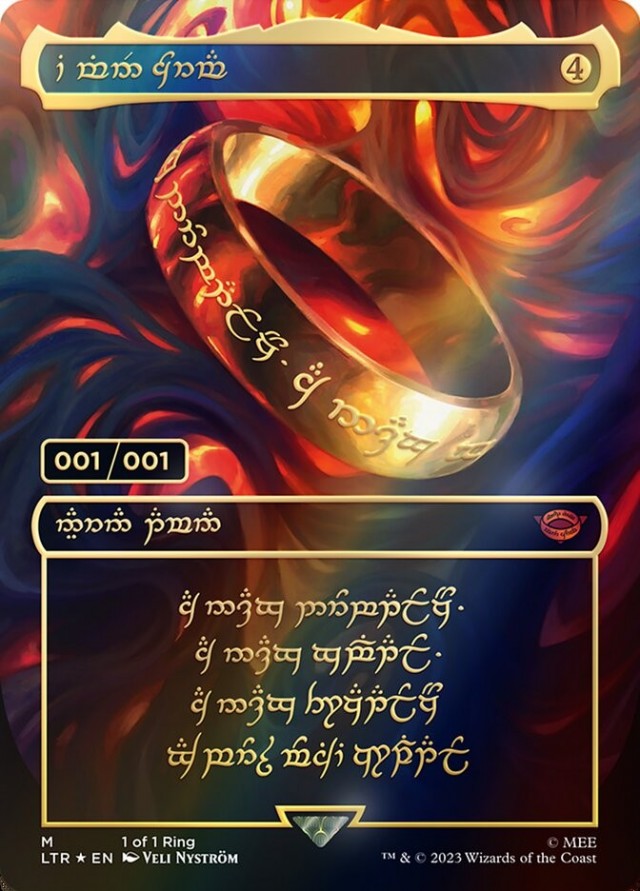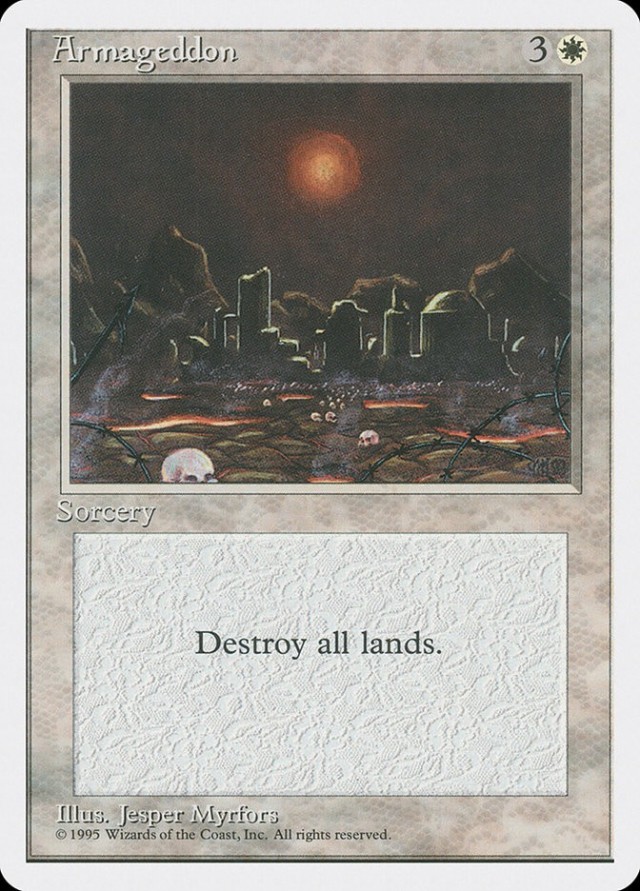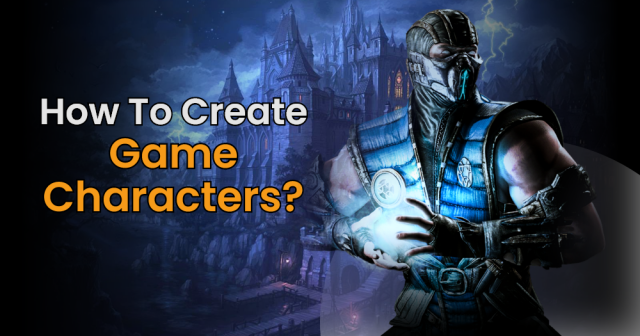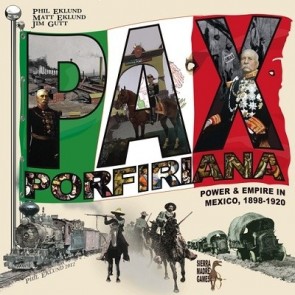Pax, I'm told is latin for peace. I'm not sure why its so popular for titling games about war though.
I don't know anything about the Con Pax east, thats not what I'm yattering about there. No its games with the word Pax in them
Pax Porfiriana, and Pax Baltica, two reviews below;
This is my entry into the FAT Pax Porfiriana reviewing contest.
I don't write that many reviews, but when I do I try to focus it on what I identify as being the key decision or question the game asks of you. I've played 6 games of Pax Porfiriana and whilst I can competently play the game I can't really tell you what the key decision is because the game is so varied. The game ships with 220 cards, all of them are unique. In a typical game you might use 100-160 of them (I can't remember the exact number per player you use). When I say the cards are unique I really mean it, some of those cards can have a very profound and individual effect upon the game, but they won't always be there.
Ever seen the Sam Peckinpah film the Wild Bunch? I don't rate it, but it has the same subject matter as Pax Porfiriana. Mexico has an ageing dictator, the President General Porfirio Diaz. You are a rich landowner that would quite like to succeed him one way or another. You will achieve this by buying cards from an open market, playing them, earning money and various types of victory points, stabbing your rivals and then trying to start a coup. Mechanically the game is detailed but very familiar. If you've been into gaming a while you’ll understand the different elements of the design very quickly (provided you can decipher them from the rule book).
When I introduce the game the first thing I ask folks to do is choose a beard. Most of the games character cards sport some impressive facial hair and some unique character abilities. I then explain that they can only win when one of the four topple cards comes out of the draw deck, by buying it and then having more of the relevant victory points than the two weakest other players. This creates some interesting tensions as players want to collect enough victory points of a given type of government to stop other players taking an easy win, whilst trying to stretch a lead in another.
Phil Eklund is definitely in the more Euro school of game design, but he doesn't make mechanics first games. Like High Frontier, a previous Eklund game, this game performs well as a narrative experience. Each card is detailed with the histories of individuals events or movements of the time, and the game does a reasonable job of portraying this history in a meaningful way. The variety of cards will make each game feel distinctly different. Some games may last 2 hours, others 15 minutes, some may take place entirely in a recession with no money or expensive cards, others will have a rapid card turnover.
There are quite a number of familiar but detailed and interlocking mechanics in this game. You’ll spend your time trying to build up a power base of cattle ranches and mines, bring in parters that grant you special abilities, playing banditos and law suits against other players, switching the government to one that favours you and all the while trying to squirrel away victory points and waiting for a chance to shoot for glory and launch a toppling.
I think this is a fairly FAT friendly game. Most cards are crowded with important information and fill several roles and there are a number of nitty gritty rules but its far from insurmountable. The random selection of cards in the game can make some strategies less valid in some games and as I’ve previously mentioned the play time can fluctuate. Despite all this though the game seems to be a hit with some of BGGs stoic europhiles. This game won't be for everyone it does take a little investment to learn and some brain power to play. For me the game scores highly, in part because it comes in a really small box, and I like big games in small boxes.
Pax Baltica
Before Russia was the dominant power in Northern Europe Sweden was. This game covers the exemplary military career of one Swedish king (Karl XII) as he tries to hold off the Russian menace (headed by Peter the Great) and her coalition allies. The game represents this history using an Columbia block system with few mechanical surprises. The rule book is pretty short at around a dozen pages, most of which are charts for the political rolls, making the game easy to learn and play.
This is all well and good but there are more block war games out there than you can shake a stick at. All of the ones I have played have been decent games, since the system its self is solid, but what does this one have to commend it or damn it, other than its historical focus.
Commendations; The main plus point with Pax is the space and choice it gives you. To knock a nation out of the war (this is the main way to progress or even win the game) you can either; defeat its king block, capture its capital, or conquer most of its provinces. Often a side will have more than one nation in the conflict. This means that at any given time your going to be prioritising between several different objectives each with a significant material gain. This creates a great tension in the game both offensively and defensively. Identifying your opponents king blocks and trying to corner them if you have superior forces is a great game of manoeuvre out on the vast territories of the Baltic coast and Poland as is preparing a hidden blow against your opponents capital.
This manoeuvring is made more interesting by two rules. Firstly battles only last 3 rounds and the faster units can flee on the first (so can the slower units, but they still get hit), and secondly at the end of each turn in most of the provinces on the board larger forces will take hits due to attrition / foraging limits. This means your always short on time, and your faster enemies can always slip away, unless you really corner them. It generates an excellent tension. On the down side, it can create a lot of stale mates as neither side is able to really deliver a knock out blow before they can recuperate.
The second main draw to the game is its use of dice over cards as a randomiser. In a market where most other block games use cards, and the card driven war games occupy much of the rest of the light market using dice to determine how many actions you get and what random events occur is rather refreshing. It makes each turn quick as there are no hand management decisions. On the downside dice can be fickle at times and the game becomes a rather random affair at the longer strategic time scale. In particular events such as different factions entering the war are largely determined by dice rolls. Getting unlucky here can both be damaging, but also rather boring. The game can have an absorbing narrative as nations rise and fall in the conflict and dramas play out over different ends of the board, but this only happens when the dice say it will.
Damnations; There is one major downside to this game, and that is time. The shortest scenario takes 2 hours, which is fine and its a fun scenario but many of the more interesting rules are cut from it. There are then two 4 hour scenarios and one 8 hour scenario. I have played both 4 hour scenarios and the 2 hour scenario twice. There are a lot of really solid 3-4 hour war games out there, and most of them are not lighter block war games for a reason. At four hours you expect a solid strategic challenge, a game with longer term planning, and a game that can maintain its pacing and tension throughout that length of time. Pax Baltica falls short here. My games had hour long periods of simply stale mating and attrition whilst both players hoped for a good roll to bring in a new nation. Whilst there were plenty of intense quarter hours or even half hours, the game could rapidly return to normalcy rather quickly. This game can tell an engaging story but only in fits and starts. There is a historicity to this, but it doesn't necessarily make compelling game play.
My final criticism would be that the game doesn't make the best use of the block system. The main strength of the block system is that it generates fog of war. One of the actions you can spend an action point on in this game is to look at your opponents blocks. You wouldn't want to waste actions on this, but you can. You can choose to take all the tension out of a difficult decision. Aside from this I’ve rarely found that I don't know where my opponents most important blocks are, since you will both have to use your king blocks aggressively to win. One of the key moments in any block game is when you must attack the right army and you don't know which one it is, that rarely happens in Pax.
I'm not sure whether I recommend this game or not. It isn't a bad game, but there are stronger block titles out there. I think this game will most appeal to those who want an off the beaten path block game.
 Games
Games How to resolve AdBlock issue?
How to resolve AdBlock issue? 
